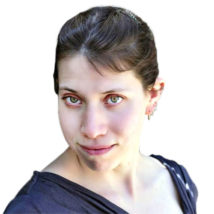
Bethany Brookshire was a longtime staff writer at Science News Explores and is the author of the book Pests: How Humans Create Animal Villains. She has a B.S. in biology and a B.A. in philosophy from The College of William and Mary, and a Ph.D. in physiology and pharmacology from Wake Forest University School of Medicine. She was a 2019-2020 Knight Science Journalism Fellow at MIT, the winner of the Society for Neuroscience Next Generation Award and the Three Quarks Daily Science Writing Award, among others.

All Stories by Bethany Brookshire
-
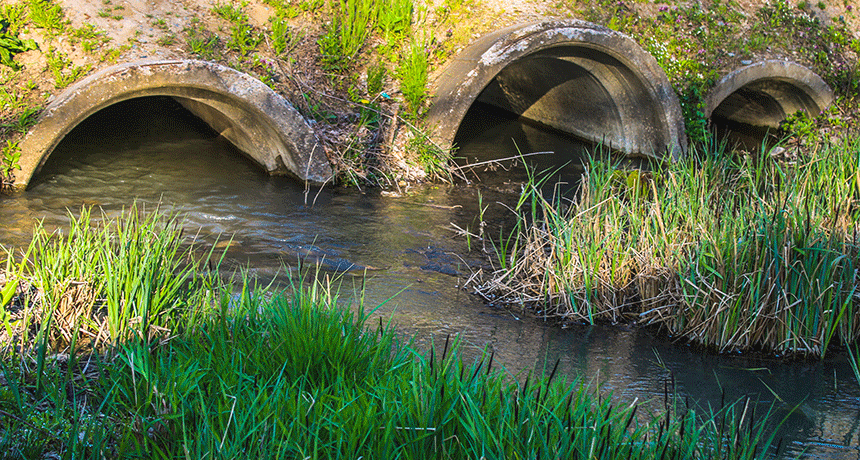 Environment
EnvironmentScientists Say: Runoff
Water that flows through soil and into rivers, lakes and oceans becomes runoff. That runoff can carry part of the land — including its pollution — to the sea.
-
 Psychology
PsychologyTeen fights fake news, one newsfeed at a time
How do we get rid of misleading news? One teen found that warning signs might help, but the most effective option, to him, looks too much like censorship.
-
 Health & Medicine
Health & MedicineDrug-detection system could help partygoers protect themselves
Fed up with people getting unwittingly drugged at parties, a teen designed a special bracelet. It can alert drinkers to the presence of certain hidden drugs.
-
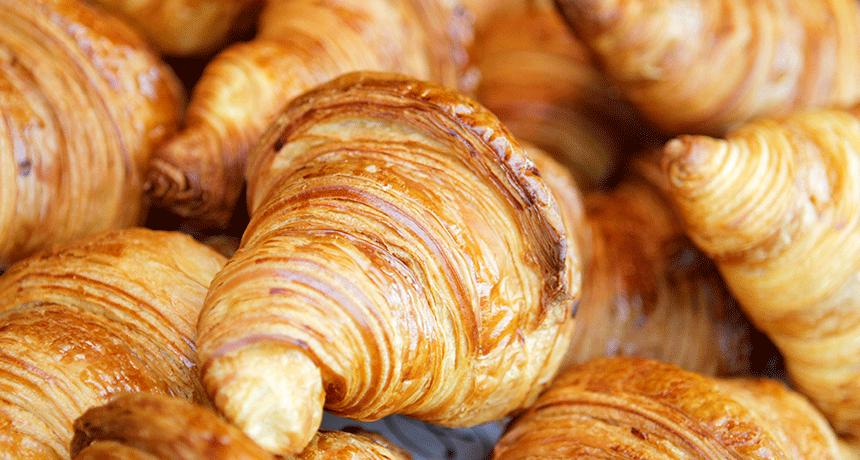 Health & Medicine
Health & MedicineScience-fair finding allows girl to sample a croissant
Some supplements claim they can help people with celiac disease, who cannot digest gluten. But do the pills work? One teen used science to find out.
-
 Health & Medicine
Health & MedicineWhich bacteria hang out in belly buttons? Here’s a who’s who
Bacteria are everywhere — even in our belly buttons. One teen at Intel ISEF decided to find out what types people were harboring in their navels.
-
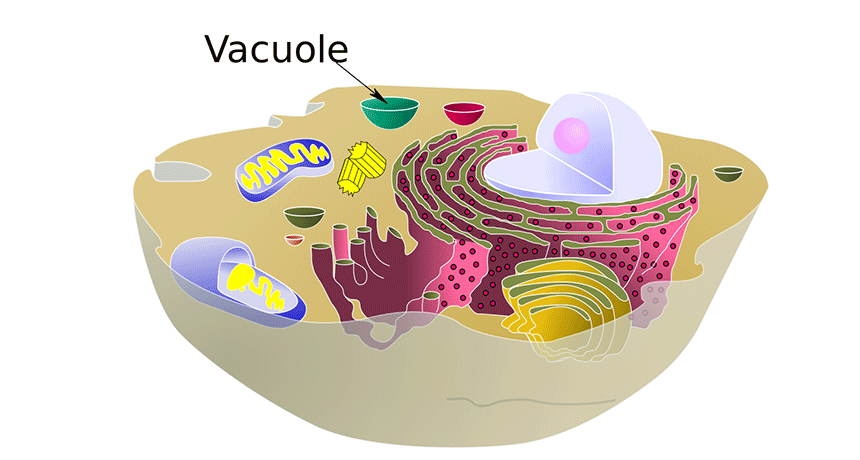 Life
LifeScientists Say: Vacuole
Cells can’t always get rid of trash or digest food immediately. This week’s word describes where they store their stuff.
-
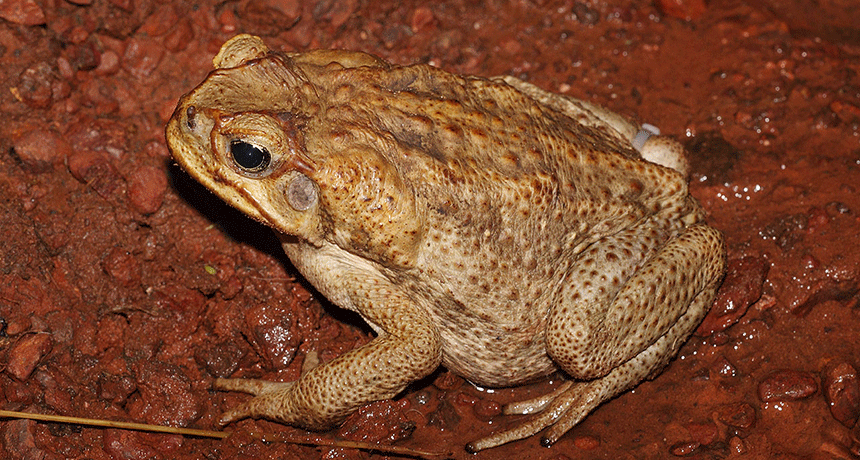 Plants
PlantsScientists Say: Invasive species
These are foreign species that are causing problems for native organisms and ecosystems.
-
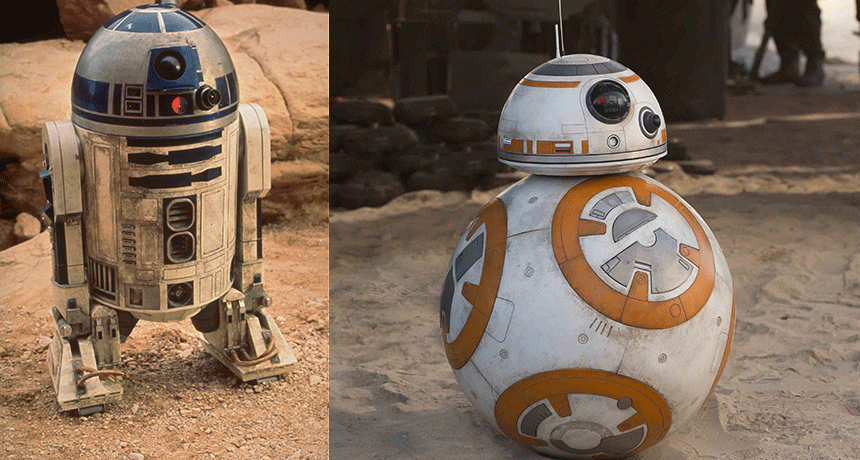 Tech
TechStar Wars‘ cutest droids would get stuck on the beach
On screen, R2D2 and BB-8 travel over every type of terrain. But in real life, any sandy path would stop these droids short.
-
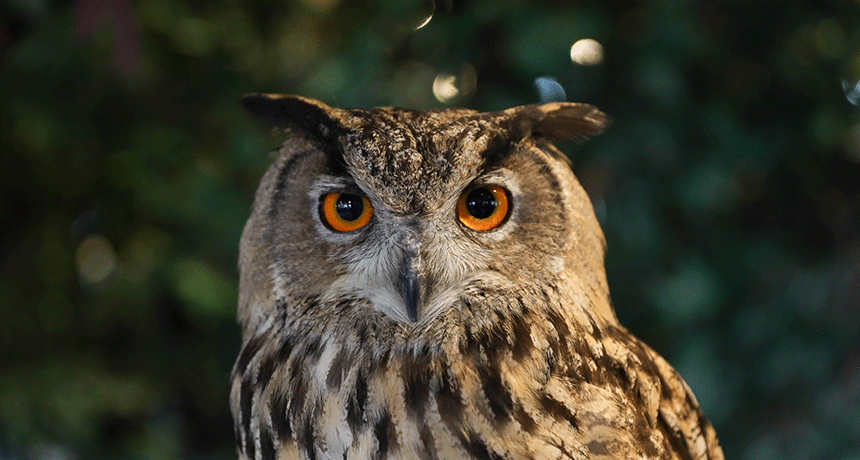 Health & Medicine
Health & MedicineScientists Say: Nocturnal and diurnal
Nocturnal animals are active at night. Diurnal animals live it up during the day.
-
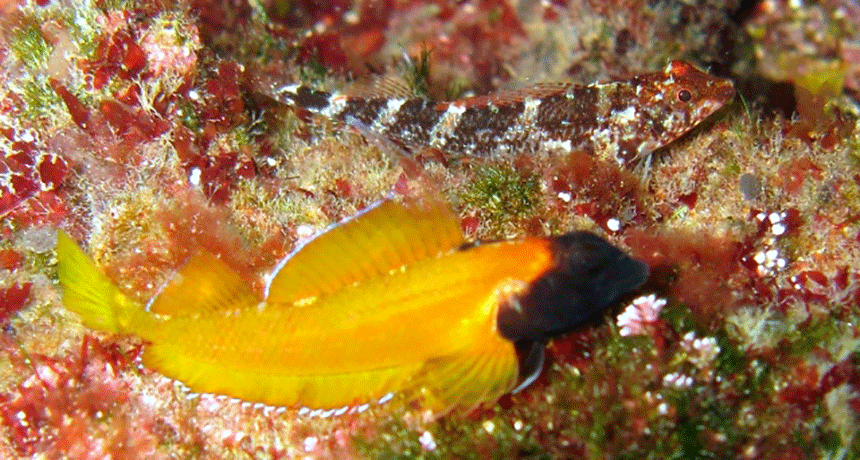 Life
LifeThese fish have truly flashing eyes
A reef fish can send flashes of light from its eyes. This trick might help the fish track its prey.
-
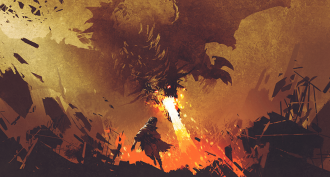 Animals
AnimalsNature shows how dragons might breathe fire
Fire-breathing dragons can’t live anywhere outside of a book or TV. But nature provides some guidance as to how they might get their flames. If they existed, anyway.
-
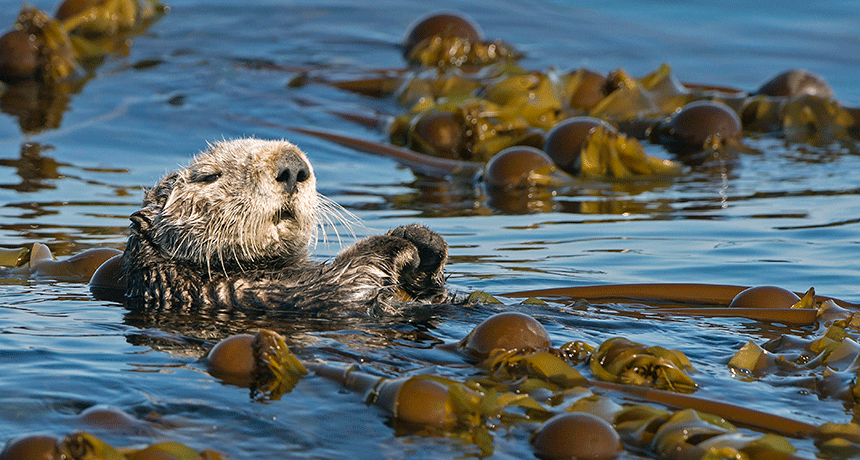 Life
LifeScientists Say: Kelp
Kelp is a kind of seaweed that forms huge forests under the ocean. But it isn’t a plant; it’s a type of algae.